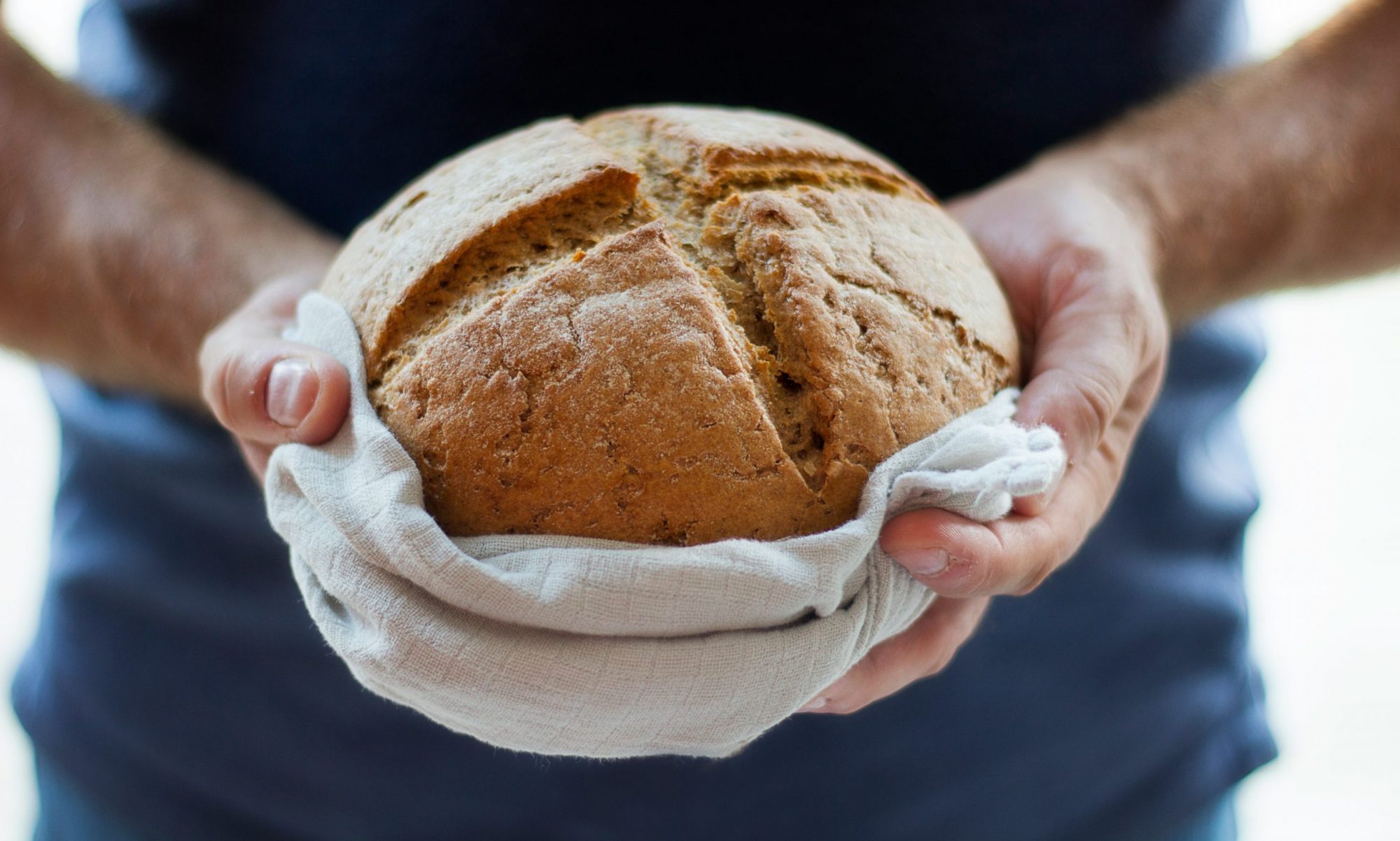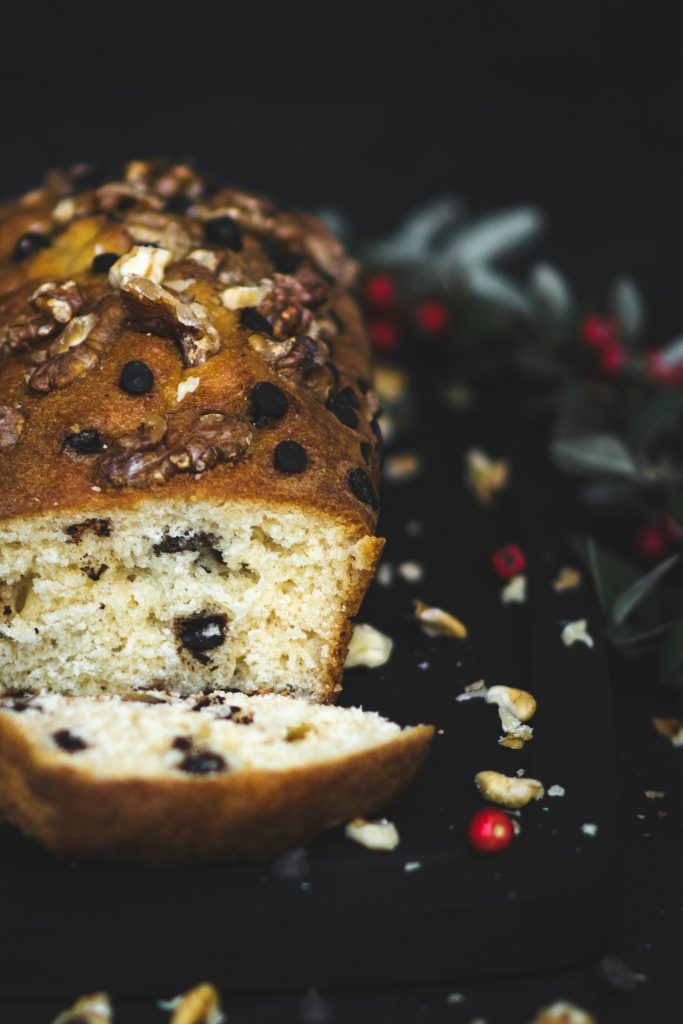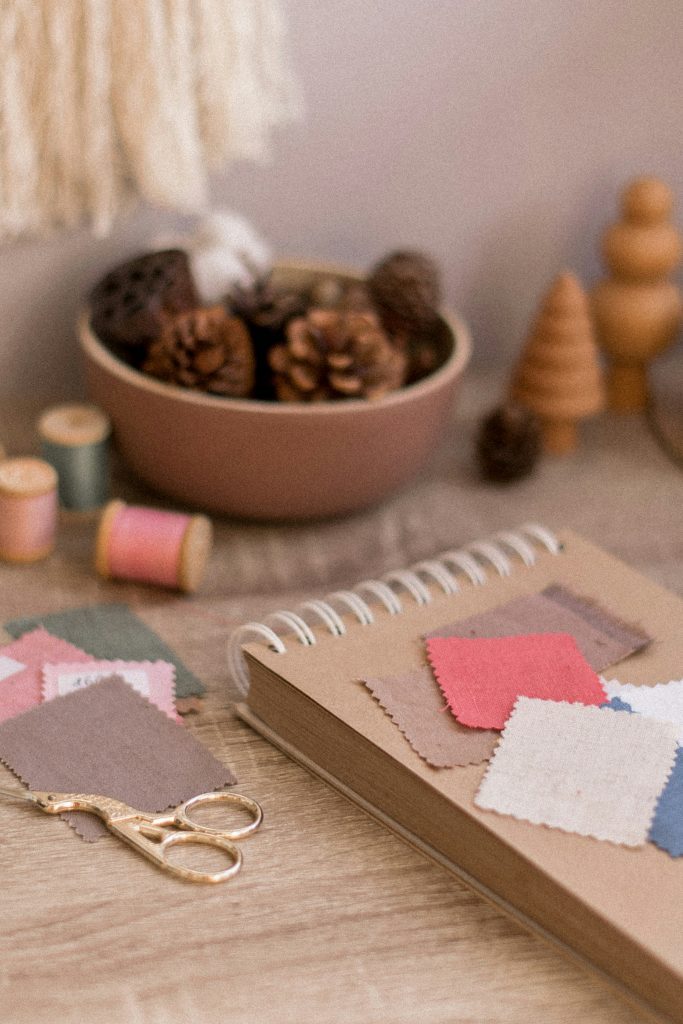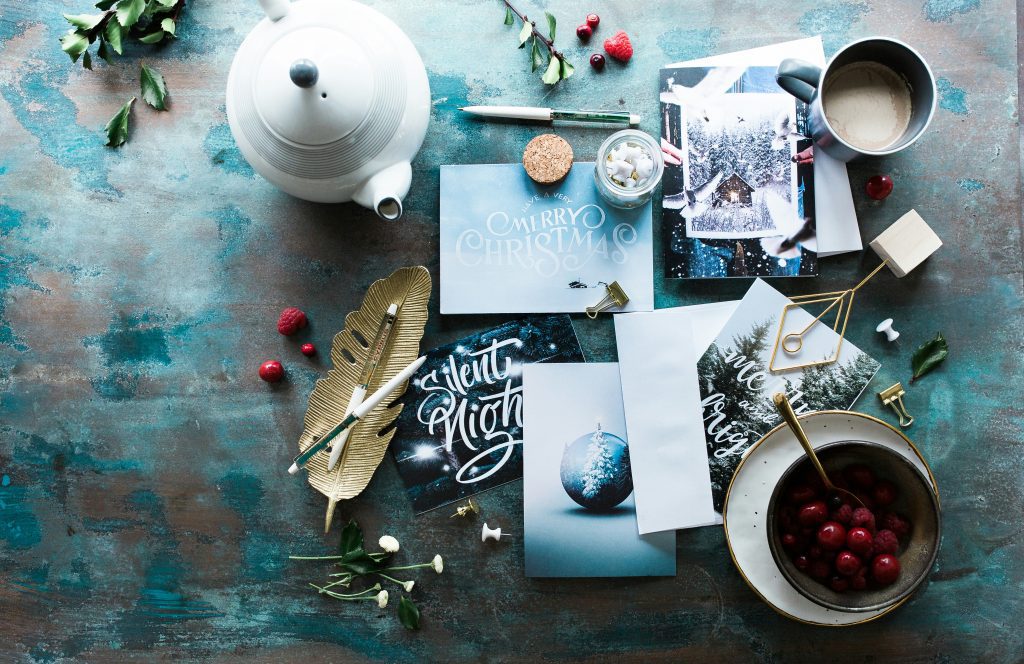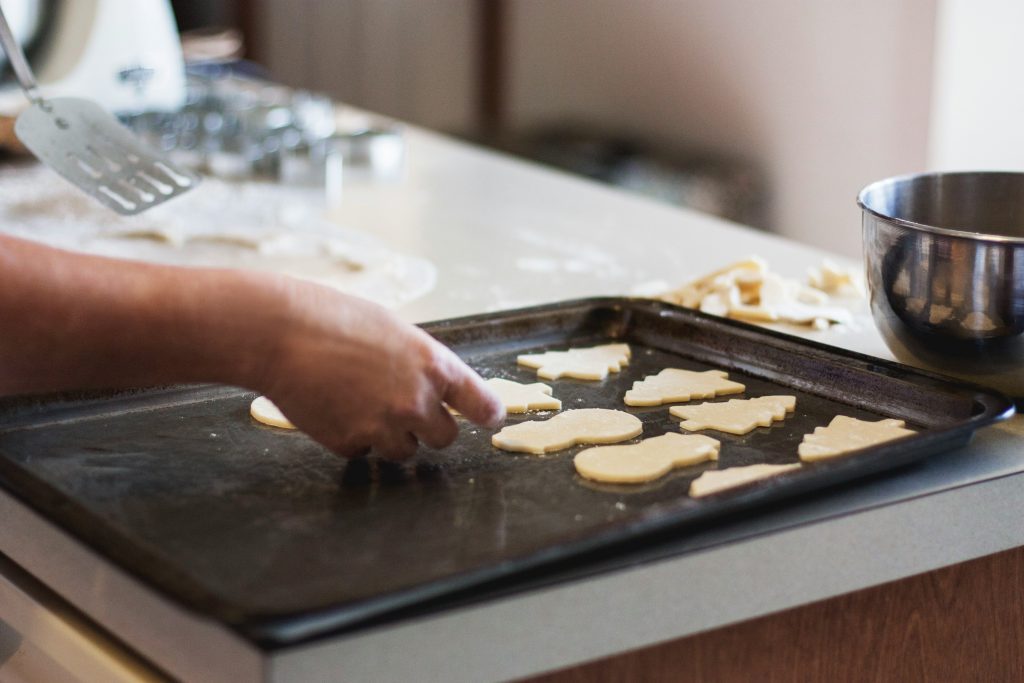
The Joy of Christmas Stockings: A DIY Guide to Creating Your Own
As the holiday season approaches, one of the most cherished traditions is hanging Christmas stockings. These festive decorations not only add to the holiday spirit but also serve as a delightful way to surprise loved ones with small gifts and treats. In this blog post, we’ll explore the history of Christmas stockings, provide a step-by-step guide on how to make your own, and share ideas on what to fill them with, when to fill them, who gets a stocking, and where to hang them if you don’t have a fireplace.
A Brief History of Christmas Stockings
The tradition of hanging stockings dates back to the 4th century and is often associated with the legend of St. Nicholas. According to the story, St. Nicholas secretly provided gifts to a poor family by dropping gold coins down their chimney, which landed in the stockings that were hung by the fire to dry. Over the years, this practice evolved into the festive custom we know today, where stockings are filled with small gifts and treats on Christmas Eve.
DIY Christmas Stocking Instructions
Creating your own Christmas stocking is a fun and creative project that can be enjoyed by the whole family. Here’s a simple step-by-step guide to making a personalized stocking:
Materials Needed:
- Felt or fabric (red, green, or any festive color)
- Scissors
- Sewing machine or needle and thread
- Fabric glue (optional)
- Ribbon or embellishments (optional)
- A stocking template (you can find printable templates online)
Instructions:
- Choose Your Fabric: Select a fabric that reflects your style. Felt is a great option for beginners as it doesn’t fray and is easy to work with.
- Cut the Fabric: Using your template, cut out two identical pieces of fabric for the front and back of the stocking. You can also cut out a contrasting piece for the cuff.
- Decorate: Before sewing, consider decorating your stocking. You can add names, patterns, or festive designs using fabric paint, glitter, or additional fabric pieces.
- Sew the Stocking: Place the two pieces of fabric together, with the right sides facing each other. Sew around the edges, leaving the top open. If you’re using a sewing machine, a straight stitch works well. If sewing by hand, use a simple running stitch.
- Add the Cuff: If you’re using a contrasting cuff, sew it to the top of the stocking now. Fold it down to create a decorative edge.
- Turn It Inside Out: Carefully turn the stocking right side out. Use a pencil or a chopstick to push out the toe and heel for a nice shape.
- Add a Loop: Cut a small piece of ribbon or fabric, fold it in half, and sew it to the top of the stocking to create a hanging loop.
- Final Touches: Add any final embellishments or decorations to make your stocking unique.
What to Put in Stockings
When it comes to filling stockings, the possibilities are endless! Here are some classic and creative ideas:
- Candy and Treats: Chocolate, candy canes, and holiday-themed sweets are always a hit.
- Small Toys: Consider adding small toys or games for children.
- Personalized Gifts: Items like keychains, ornaments, or custom-made gifts can add a personal touch.
- Practical Items: Fun socks, toiletries, or stationery can be both useful and enjoyable.
- Gift Cards: A small gift card to a favorite store or coffee shop is a great surprise.
When to Fill Stockings
Traditionally, stockings are filled on Christmas Eve, often after the children have gone to bed. This adds an element of surprise and excitement for Christmas morning. Some families choose to fill them earlier in December as part of their holiday celebrations.
Who Gets a Stocking?
Stockings can be made for everyone in the family, including pets! It’s a wonderful way to include everyone in the festivities. You can also create stockings for friends or neighbors as a thoughtful gesture.
Where to Put Stockings Without a Fireplace
If you don’t have a fireplace, don’t worry! Here are some creative alternatives for hanging stockings:
- On a Staircase: If you have stairs, hang stockings on the banister for a charming display.
- Wall Hooks: Use decorative hooks on the wall to hang stockings.
- Christmas Tree: Hang smaller stockings on the branches of your Christmas tree for a whimsical touch.
- Shelves or Mantels: If you have shelves or a mantel, these can be perfect spots for displaying stockings.
Christmas stockings are a delightful tradition that brings joy and excitement to the holiday season. By creating your own stockings and filling them with thoughtful gifts, you can make this festive custom even more special. Whether you hang them by the fireplace or find a creative alternative, stockings are sure to bring smiles to your loved ones’ faces.
Happy crafting for a Merry Christmas!
NOTE: I bought my stocking. If you are busy and don’t want to be crafty, you can purchase one at a craft store, at a home goods store or online. My stocking,purchased this year for my new apartment, cost under twenty dollars.
